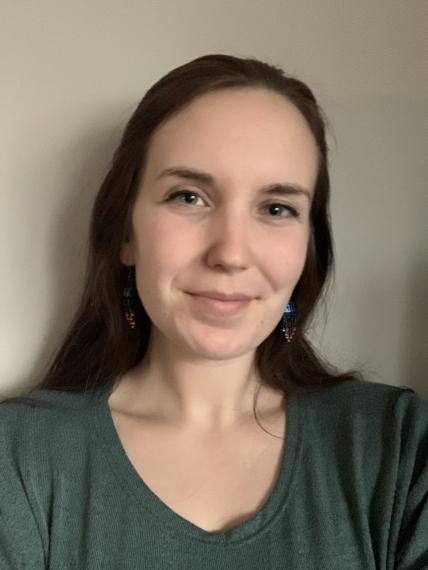Kaileigh Wenstrup

Year Graduated: 2017
Area of Emphasis: Gender and Development
Other Education: Graduate Certificate in Research and Evaluation @ Fanshawe College, pursuing MA in International Migration and Ethnic Relations @ University of Malmo, Sweden
What development issue is most important or of the most interest to you?
“I would say forced migration, and I think the interplay between conflict, forced migration, and gender is my biggest interest within the international development space. Migration studies is super interdisciplinary and there is so much overlap with IDS, so a lot of what I learned during my undergrad felt really relevant within the field of migration work more specifically. After graduating and traveling a bit, I began working at the community level here in Canada with refugee resettlement and I think my IDS background really helped me contextualize some of the issues concerning migration and development. Through that work, I realized I wanted to study migration in a deeper sense, which has led me to my masters in Europe, but it was really the IDS program and the exposure to so many different development issues that helped me find my own niche."
How has your IDS degree been useful/helpful after graduation?
“At the end of the day, I think the most important thing that the program taught me was how to be a critical thinker. It gave me the ability to question 'common sense' assumptions that we often rely on in our day-to-day, either in academia, or in the social world and the workplace. Coming from a multi-disciplinary perspective like IDS has been really helpful. For one, it built my confidence because it forced me to take courses from different disciplines or that were maybe a bit out of my comfort zone. Those different perspectives really allowed me to question my own biases and judgements and widen my knowledge base. It also gave me an understanding of the value of collaboration and the value of being forced to think outside the box. Entering the workforce after graduation, the specific course-related knowledge that you learn is, of course, really valuable, but I think it's the skills you gain like adaptability and communication that often help you the most."